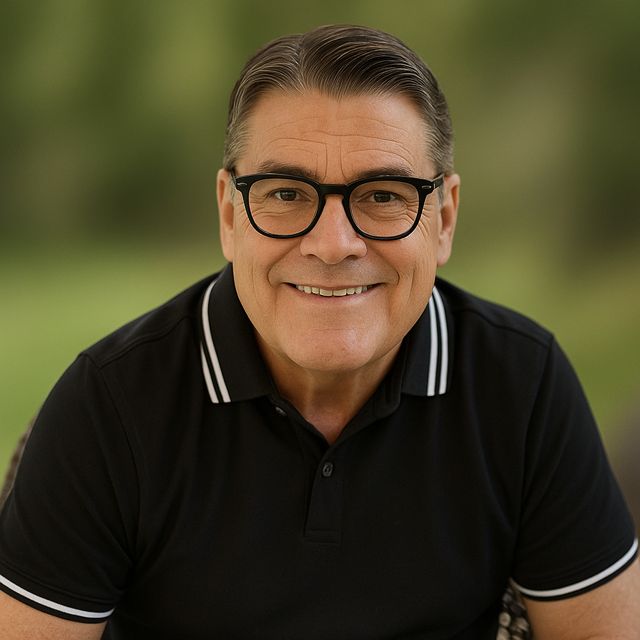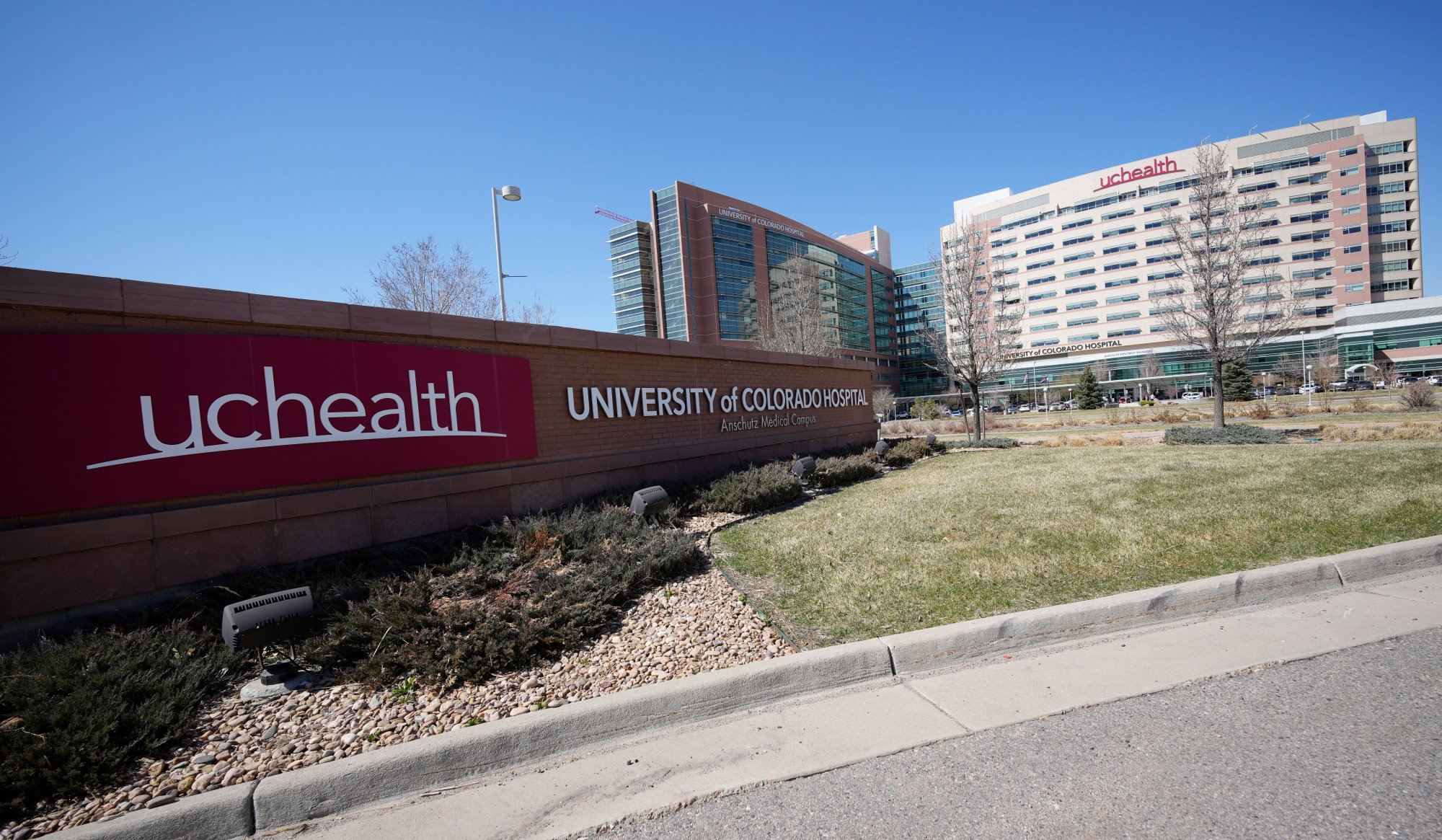Way back in 1994, Jim Jensen went to his doctor to try a new drug called Imitrex to treat his migraine headaches.
Within minutes, he knew something was wrong.
“They asked me how it was going, and I said, ‘I have pain between my shoulder blades, maybe you should check my heart,’” Jensen recalled recently.
Doctors did, then raced him into surgery to treat two blood clots causing a heart attack. The aftermath left Jensen with an implanted pacemaker but also lingering questions: Why had he reacted to the medication the way he did? And could it happen with other drugs?
Nearly 30 years later, as part of an innovative research project and medical treatment initiative at UCHealth, Jensen finally had an answer: His medicines don’t always play nicely with his genes.
“I have five different chromosomes that are poor metabolizers,” he said.
In other words, because of his unique genetic makeup, Jensen’s body doesn’t always break down or activate certain medications the same way as in most patients. Being prescribed those drugs could be unhelpful to him at best and fatal at worst.
 Jim Jensen (Provided by Jim Jensen)
Jim Jensen (Provided by Jim Jensen)
Jensen learned this key information after submitting his blood to the UCHealth biobank. The biobank — essentially an ongoing research project that UCHealth has incorporated broadly into patient care — collects blood samples and genetically sequences them. It then scans patients’ genetic makeup to look for genes that are known to create unusual interactions with drugs.
The program has grown rapidly in recent years. It now has participation from more than 270,000 patients and delivered more than 1 million clinical results to more than 94,000 of those patients, said Dr. Christina Aquilante, the director of pharmacogenomics at the Colorado Center for Personalized Medicine, which houses the biobank in a partnership between UCHealth and the University of Colorado Anschutz Medical Campus.
The biobank scans genetic results for 12 different genes that previous studies in the field of pharmacogenomics have shown can impact how a patient’s body metabolizes drugs. The medications affected by these genes can include commonly prescribed ones like Zofran for nausea, Lopressor for high blood pressure, and pain medicines tramadol and codeine. Some mental health medicines that treat depression, anxiety or other conditions can also be affected.
The results from the biobank sync up with UCHealth’s electronic medical records system. This means that, when a doctor goes to prescribe a drug to a patient whose information is in the biobank, the physician will get a pop-up alert warning them about possible drug-gene interactions that have been identified.
Aquilante said the information also allows patients to be their own advocates.
“Knowledge is power,” she said. “It allows them to be much more proactive about their health.”
Participation in the biobank is voluntary. UCHealth patients can choose to opt into it through the UCHealth online patient portal or when visiting their doctor. The blood draw needed to participate is typically scheduled at the same time patients are already getting other bloodwork done — at an annual cholesterol test, for instance.
“It’s not an extra stick,” Aquilante said. “There’s not an extra poke.”
Jensen, who has a place in Pueblo but travels across the state for dog-sitting jobs, said he decided to participate in the biobank because he wanted to know more for his own health but also because he was intrigued by the research behind it. In a previous career, Jensen worked in veterinary pharmacy science, so he has a long fascination with how medicines work in the body.
“This is really the evolution of medicine,” he said.
 The sign stands outside UCHealth University of Colorado hospital Friday, April 1, 2022, in Aurora. (AP Photo/David Zalubowski)
The sign stands outside UCHealth University of Colorado hospital Friday, April 1, 2022, in Aurora. (AP Photo/David Zalubowski)
This evolution proved especially helpful recently when Jensen had bypass surgery. Information from the biobank was crucial in helping him and his doctors navigate which drugs would work for him as he recovered and which would hurt.
Today, Jensen said, he feels better than he has in years. He’s been able to make changes even to mundane medicines — like one for heartburn — to versions that work better for his individual genetics. And he’s become something of an evangelist for the biobank, urging people to participate so they can better contribute to their own medical care.
“You get used to new normals when things start failing, but you don’t have to accept that as gospel,” he said. “There are ways to reverse it. We’re on the verge right now of a huge medical improvement. I wanted to be on that edge, and I am.”
Type of Story: News
Based on facts, either observed and verified directly by the reporter, or reported and verified from knowledgeable sources.

